

The concept of healthy eating has gained substantial traction in contemporary society, enveloped by numerous misconceptions and myths. Let’s debunk some of these myths and provide a clearer understanding of what truly constitutes a healthy diet.
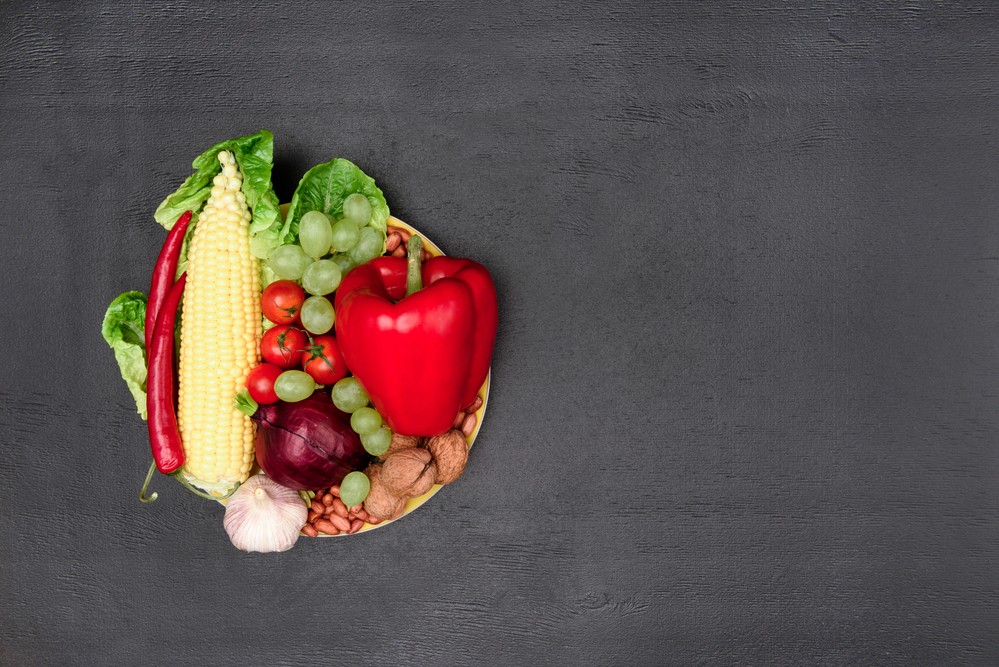
Myth 1: Healthy Food is Tasteless
The notion that a healthy diet solely consists of bland greens and vegetables is a widespread misconception. The truth is, healthy eating can be a culinary adventure, discovering exciting and flavorful combinations without the need for unhealthy ingredients.
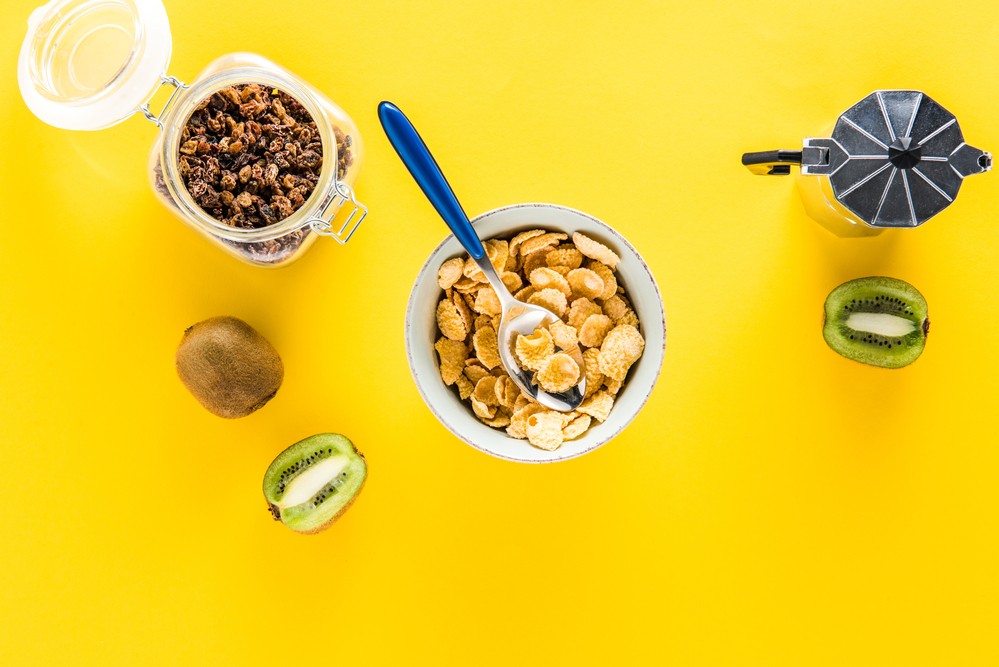
Myth 2: Snacking is Unhealthy
Contrary to popular belief, snacks are an integral part of a balanced diet, serving to sustain energy levels throughout the day. The key lies in making smart snack choices, steering clear of sweets and processed foods, opting instead for nutrient-rich alternatives.
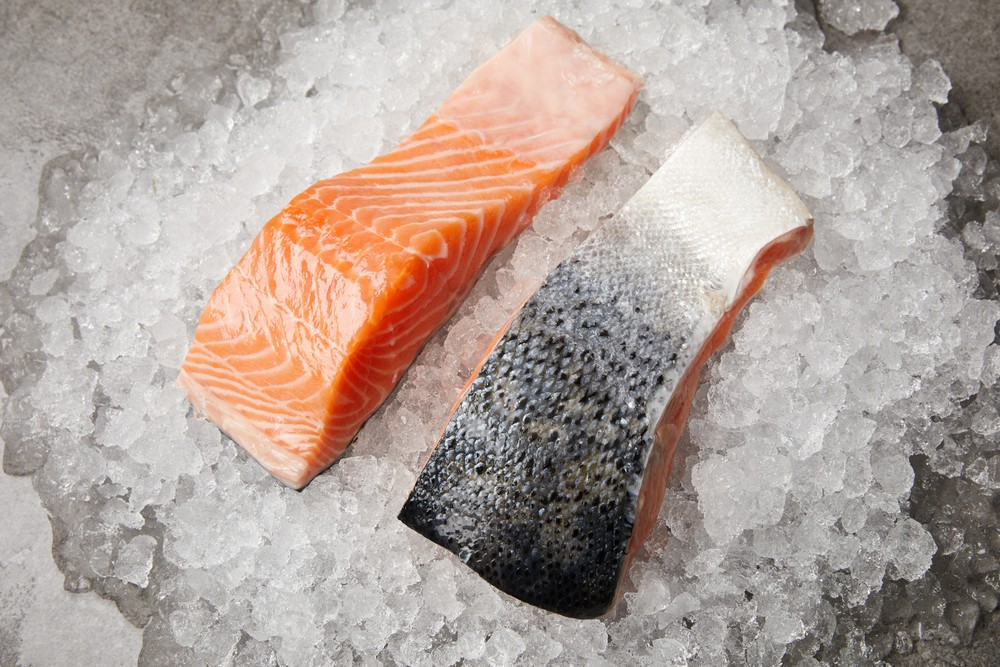
Myth 3: Frozen Foods are Less Nutritious
With modern freezing techniques, frozen vegetables retain their nutritional value, debunking the myth of nutrient loss due to freezing. In fact, during winter months, frozen produce can even be healthier than “fresh” options which may not be truly fresh.
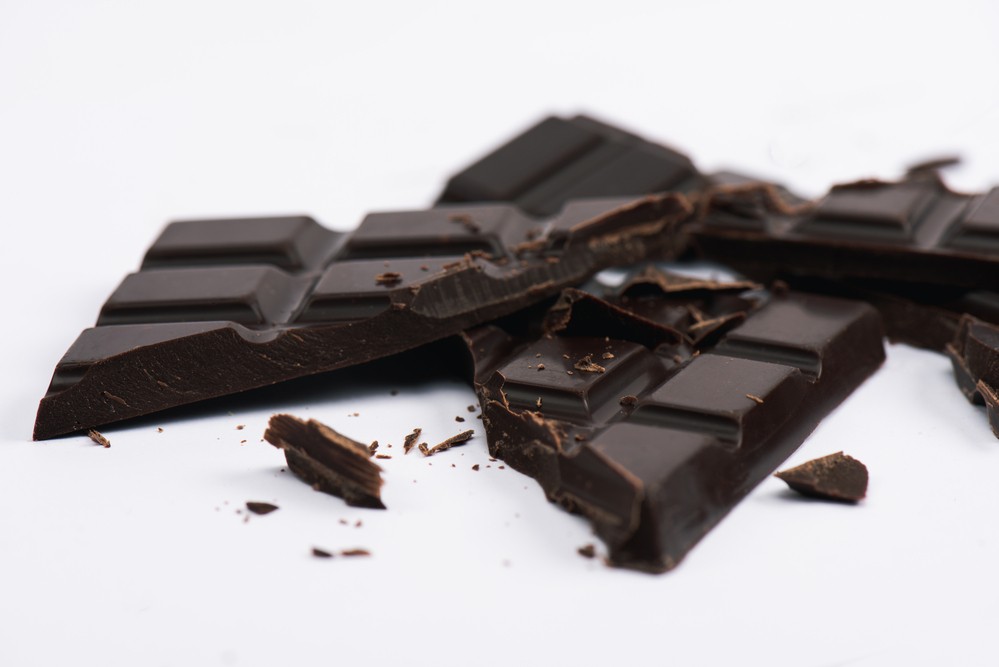
Myth 4: Chocolate is Harmful
While excessive consumption of chocolate can be unhealthy, moderate intake of dark chocolate can be beneficial. A few squares post breakfast can enhance the immune system and cognitive function. Dark chocolate is rich in vital nutrients, making it a healthy inclusion in moderation.
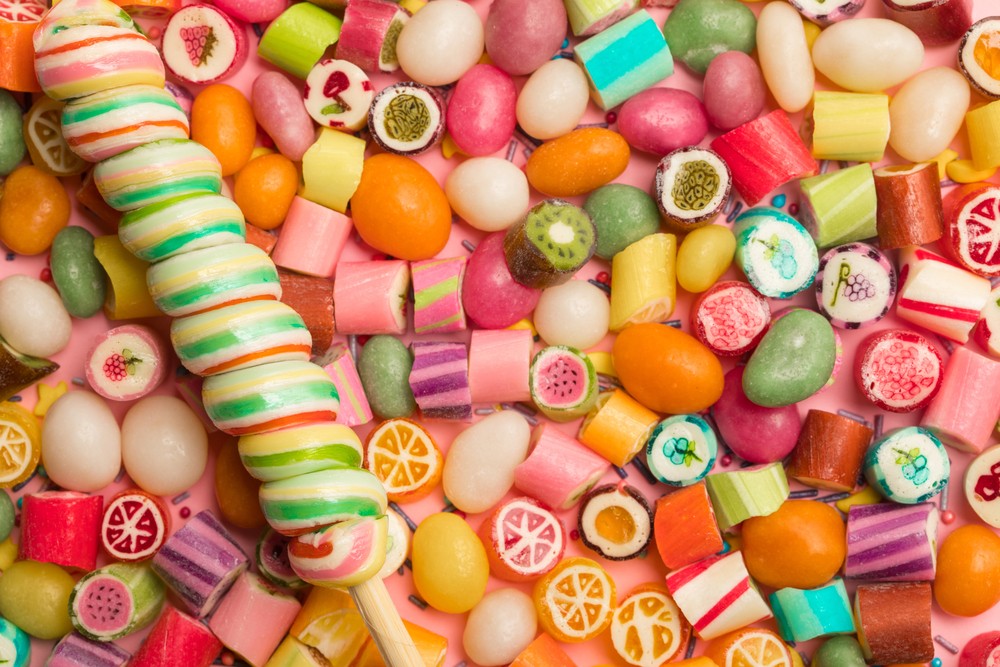
Myth 5: No Sweets Allowed
One of the biggest myths surrounding healthy eating is the total ban on sweets. Indulging your sweet tooth is permissible, as long as it’s done in moderation and preferably before noon, when it’s less likely to cause harm.
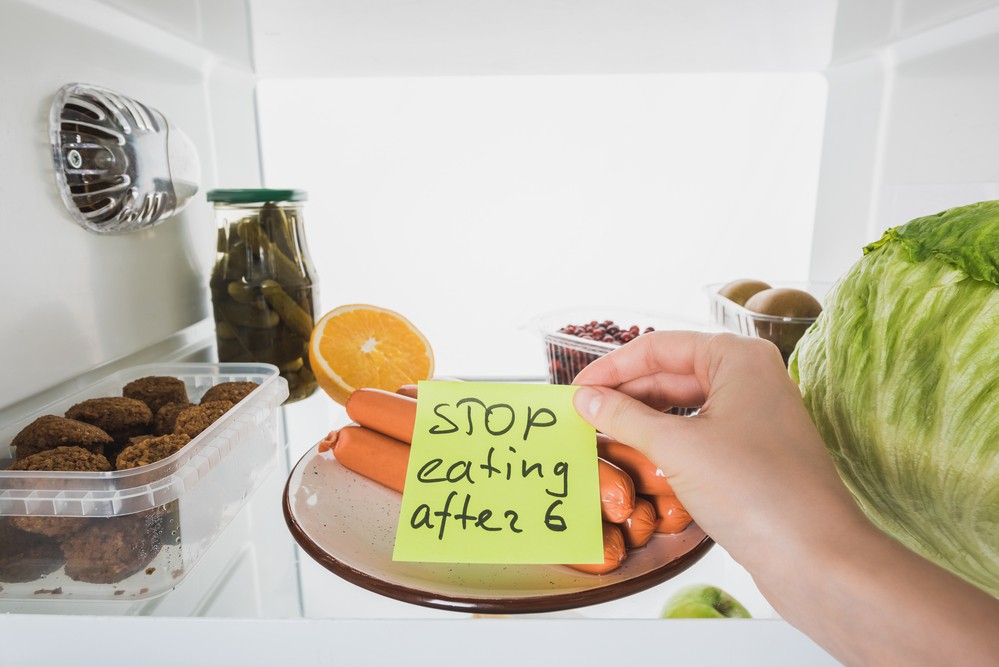
Myth 6: No Eating After Six
Following this rule can actually do more harm than good. The ideal practice is to have your last meal at least three hours before bed, ensuring the food is digested, and hunger pangs don’t strike.
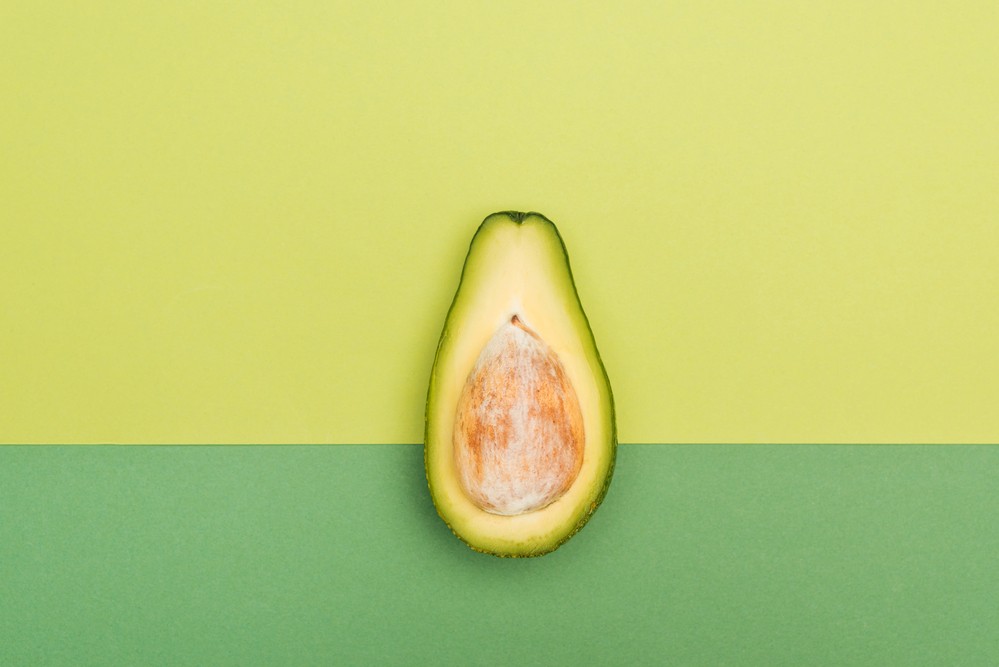
Myth 7: Less Fat is Better
The notion that all fats are bad is misguided. The human body requires certain fats for optimal function. Monounsaturated and polyunsaturated fats are indeed beneficial, while saturated and trans fats should be minimized.
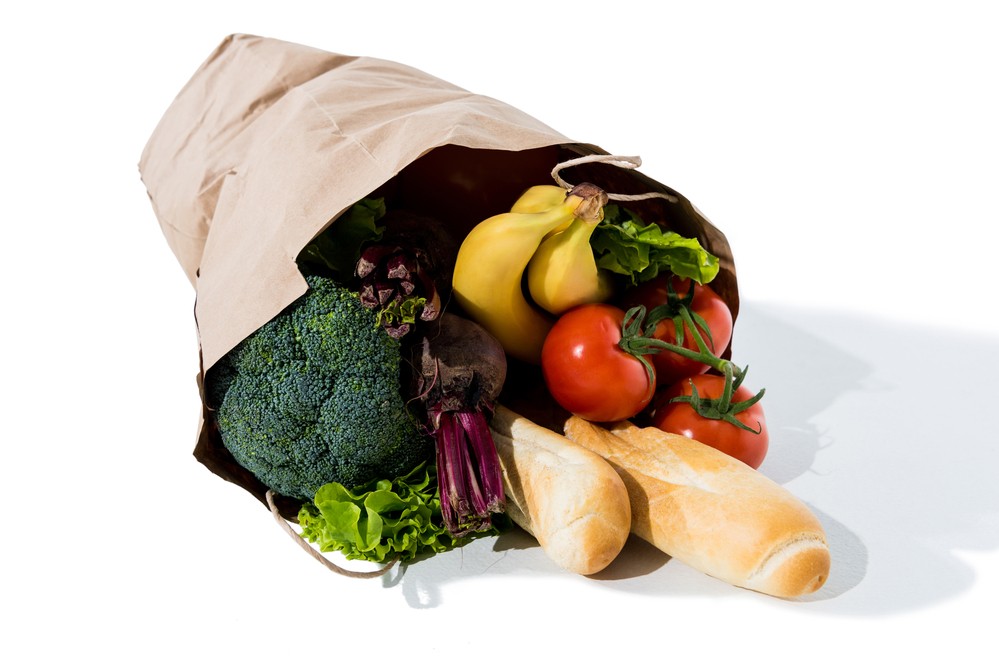
Myth 8: Healthy Food is Expensive
The misconception that healthy foods equate to pricey, “organic” labeled items is far from the truth. Regular grains, fruits, and vegetables are reasonably priced and packed with necessary nutrients.

Myth 9: Zero-Calorie Sodas are Healthy
Labels like “zero calories” or “sugar-free” don’t necessarily make sodas a healthy choice. These beverages often contain harmful preservatives and artificial flavor enhancers, making them unfit for a healthy diet.

Myth 10: Fewer Meals are Better
The practice of reducing meal frequency can be counterproductive. Some diets recommend cutting down meals to two per day, but this may result in overeating and stretching the stomach. A balanced eating schedule includes breakfast, lunch, dinner, and three smaller, nutrient-dense snacks.
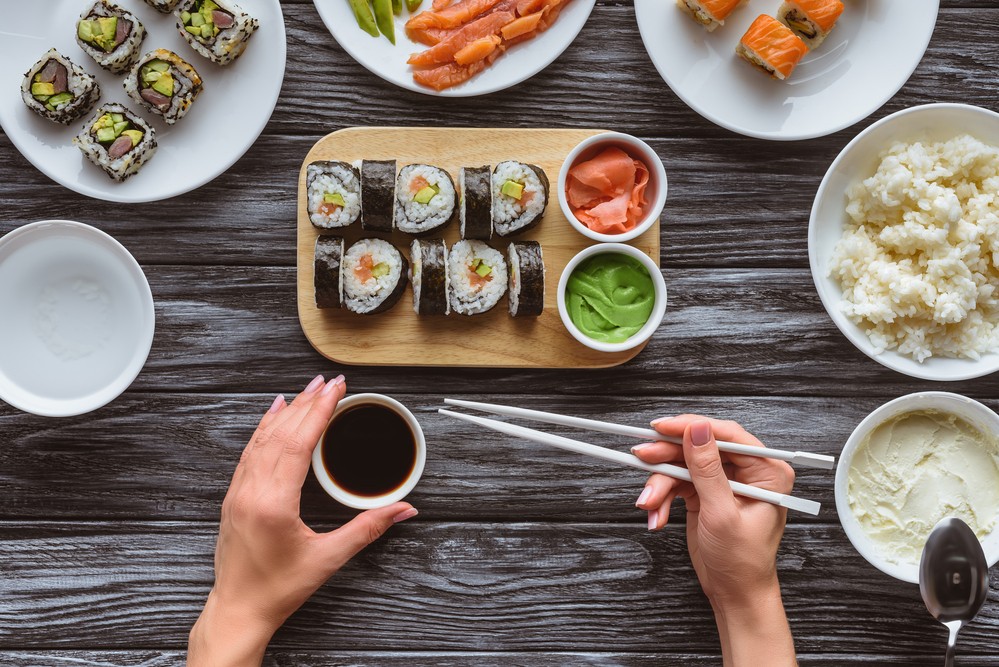
Myth 11: Sushi and Rolls are Diet-Friendly
While sushi and rolls aren’t inherently unhealthy, they contain rice, which isn’t the most diet-friendly food. More harmful, however, is the high-calorie soy sauce often served with these dishes.
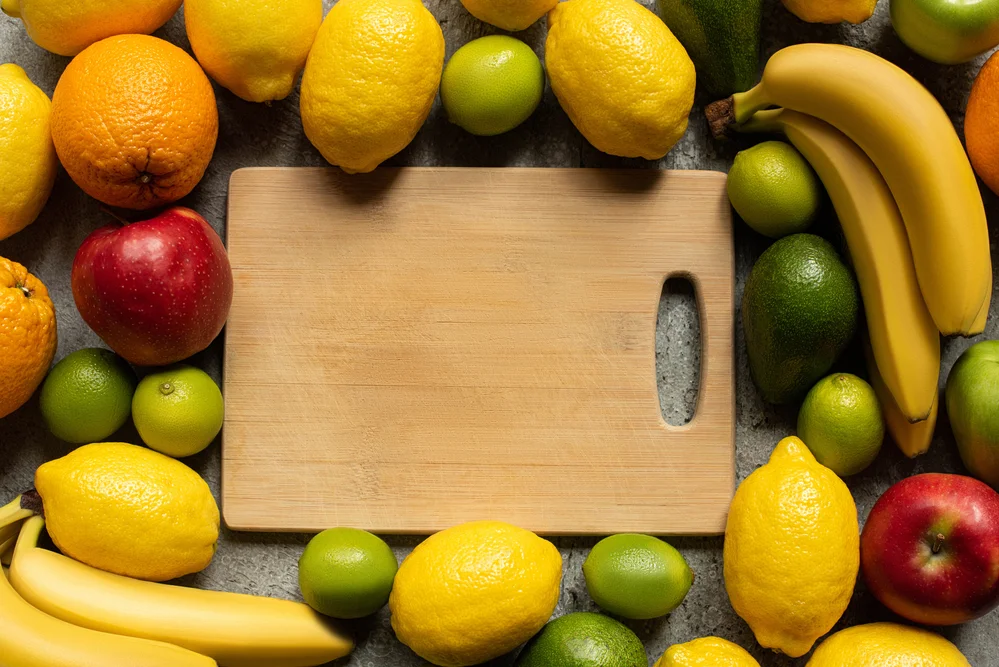
Myth 12: Fruit is a Good Snack
While fruit can momentarily curb hunger, its natural sugars can spike insulin levels and intensify hunger. Unsweetened green tea serves as a better alternative for snacking.
CONCLUSION

Dispelling the prevailing myth, healthy eating is not a restrictive diet laden with prohibitions. Embracing a healthy diet can be straightforward and enjoyable, especially when equipped with the right knowledge of what to do and what to avoid.